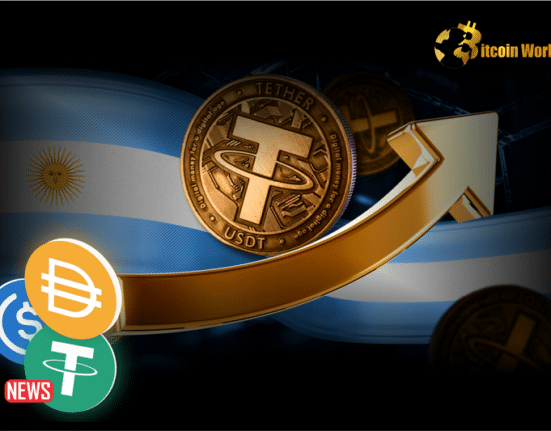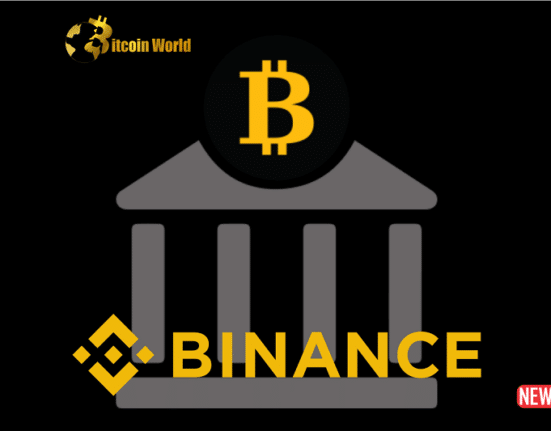As per findings from Chainalysis, crypto enthusiasts in Latin America show a notable inclination towards centralized exchanges (CEXs) rather than decentralized exchanges (DEXs), setting them apart from the global trend. A recent report released on October 11 by the blockchain analytics firm Chainalysis sheds light on Latin America’s crypto economy, ranking it as the world’s seventh-largest, following regions like the Middle East and North America (MENA), Eastern Asia, and Eastern Europe.
However, a distinctive feature emerges—Latin American crypto users distinctly favor centralized exchanges (CEXs): “Latin America stands out as the region with the strongest penchant for centralized exchanges, leaning slightly away from institutional activity compared to other regions.” What’s more, within specific countries in this region, the distribution of crypto activity based on platform type significantly skews in favor of CEXs, in contrast to the global average. Globally, the average preference for crypto platforms breaks down to 48.1% for CEXs, 44% for DEXs, and 5.9% for other decentralized finance (DeFi) activities. However, in Venezuela, the preference for CEXs skyrockets to a staggering 92.5%, while DEXs lag behind at a mere 5.6% preference. Chainalysis attributes Venezuela’s exceptional adoption rate to a unique factor—a “complex humanitarian emergency.”
The report elaborates that in the midst of the 2020 COVID-19 pandemic, cryptocurrencies played a pivotal role in directly supporting healthcare professionals in the country. Consequently, crypto became a necessity, given the challenges of traditional payments, which stemmed from the government’s reluctance to accept international aid, influenced by political considerations.
On a different note, Colombia showcases a substantial 74% preference for CEXs, while DEXs make up a mere 21.1% of their platform preferences. Meanwhile, Argentina takes the lead in terms of the sheer volume of cryptocurrency transactions in Latin America, having received an estimated $85.4 billion during the 12-month period ending on July 1.














